You Can’t Call Yourself a True Sci-Fi Fan Unless You’ve Watched These 10 Shows
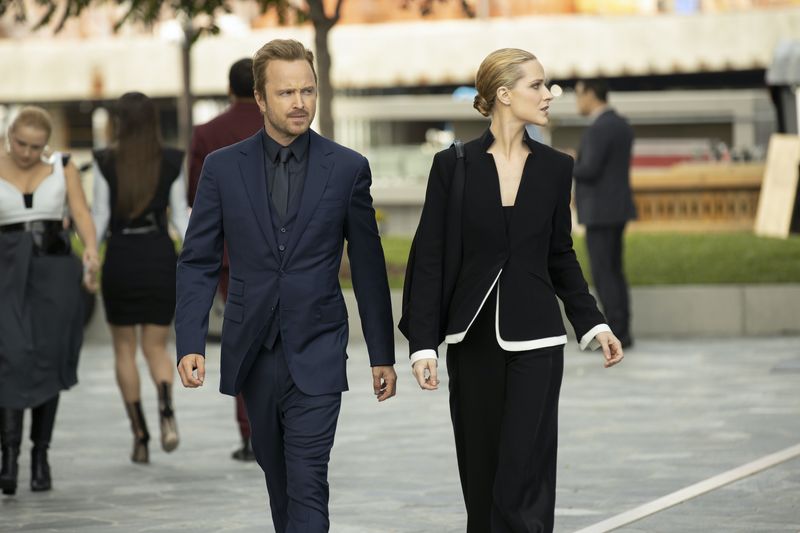
Science fiction TV has produced some of the most imaginative and thought-provoking stories ever seen on screen. From mind-bending time loops to artificial intelligence questioning its own purpose, these shows push the boundaries of what’s possible while exploring the heart of what it means to be human.
Whether you gravitate toward space epics, parallel realities, or haunting dystopias, certain series have defined the genre. If you haven’t watched these groundbreaking titles, you’re missing the core of true sci-fi storytelling.
1. Firefly (2002)
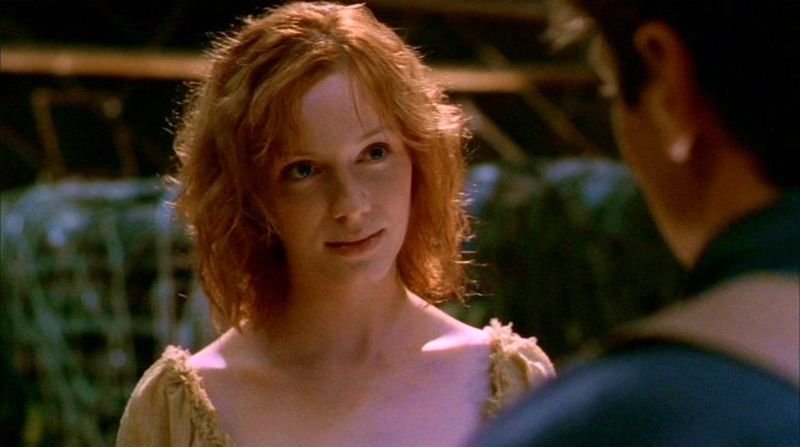
Joss Whedon created something completely unexpected when he merged space opera with Wild West storytelling. Captain Malcolm Reynolds and his ragtag crew aboard the Serenity became instant cult favorites despite the show’s tragically short run.
The chemistry between characters felt genuine and earned, not forced like many ensemble casts. Witty dialogue mixed with heartfelt moments created a viewing experience that felt refreshingly human amid all the spaceships and laser guns.
Though Fox cancelled it after just one season, passionate fans kept the spirit alive, eventually leading to the feature film Serenity. Its legacy proves that quality storytelling matters more than network support.
2. The Outer Limits (1963–1965)
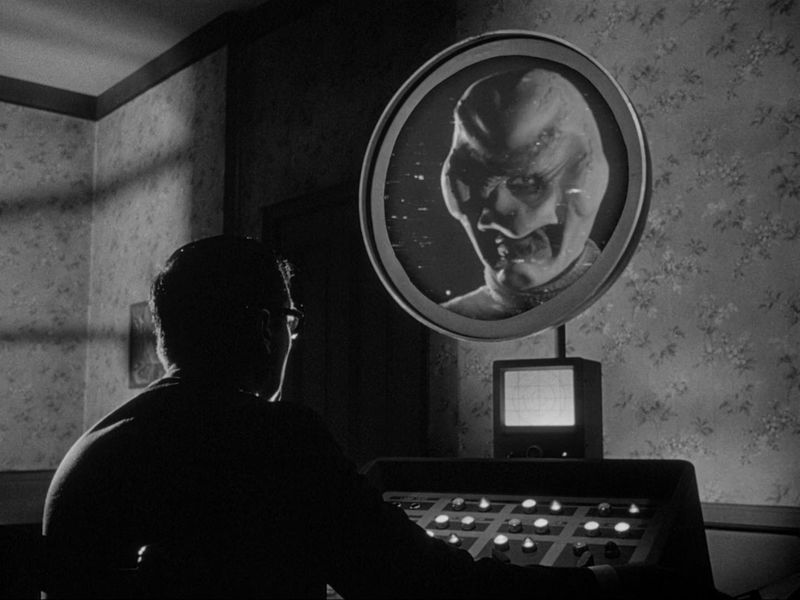
Before streaming services and CGI spectacles, this anthology series terrified and fascinated audiences with its philosophical approach to speculative fiction. Unlike its contemporaries, it leaned harder into horror and unsettling imagery.
The show’s opening warning—”Do not attempt to adjust your picture”—became as famous as the episodes themselves. Stories explored genetic experiments, alien encounters, and technological nightmares with remarkable depth for the era.
Many episodes questioned what it means to be human, a theme that resonates throughout modern sci-fi. Its influence can be seen in everything from Black Mirror to Stranger Things today.
3. Battlestar Galactica (2003–2009)
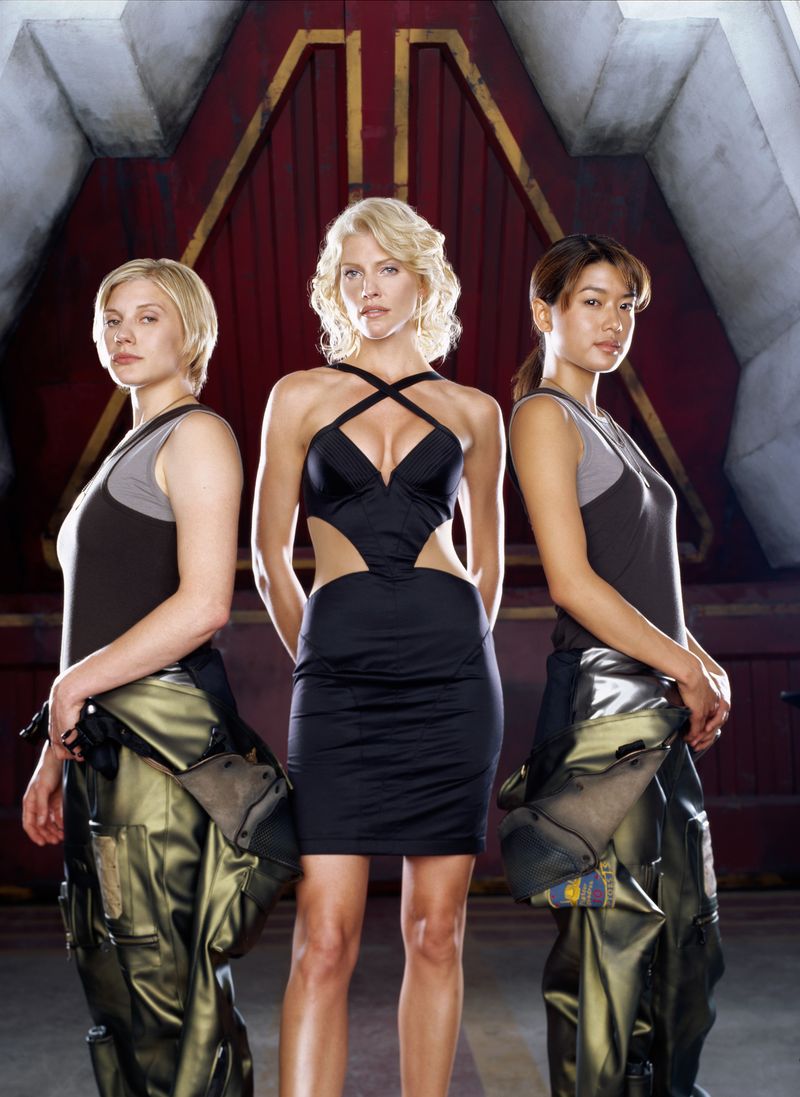
Ronald D. Moore transformed a campy 1970s show into one of television’s most intense survival dramas. After the Cylons—artificial intelligence created by humans—nearly wipe out civilization, the remaining survivors must flee while searching for the legendary planet Earth.
What sets this reimagining apart is its willingness to tackle heavy themes like religious extremism, military ethics, and political compromise. Characters made morally gray choices that sparked real debates among viewers.
The show asked uncomfortable questions about what separates humans from machines when both can love, hate, and believe in something greater. Few series have matched its emotional weight and philosophical ambition.
4. Westworld (2016–2022)
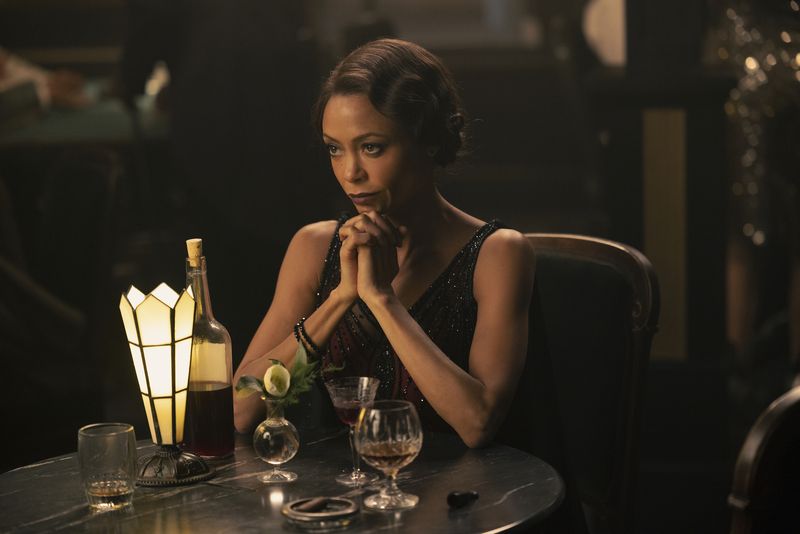
Inspired by Michael Crichton’s 1973 film, this HBO series exploded the original concept into an epic meditation on consciousness, free will, and the nature of reality itself.
Inside a theme park populated by incredibly realistic androids, wealthy guests indulge their darkest fantasies—but the hosts are beginning to wake up. The non-linear storytelling and maze-like narrative structure challenged viewers to piece together timelines and question what they were seeing.
Performances by Evan Rachel Wood, Thandie Newton, and Jeffrey Wright elevated philosophical concepts into deeply felt human drama. While later seasons became increasingly complex, the first season remains a masterclass in sci-fi television that respects its audience’s intelligence.
5. Fringe (2008–2013)
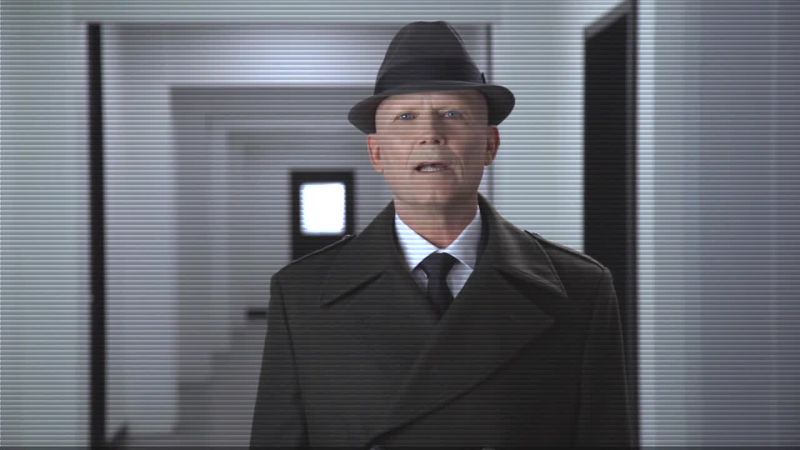
J.J. Abrams brought his signature mystery-box storytelling to this underrated gem about FBI agent Olivia Dunham and her team investigating bizarre paranormal events.
Alongside brilliant but unstable scientist Walter Bishop and his son Peter, they uncovered a conspiracy spanning multiple universes. The show masterfully balanced monster-of-the-week episodes with an intricate mythology involving parallel dimensions and fringe science.
Watching Walter shift from comedic relief to tragic figure highlighted exceptional writing and acting. Pattern puzzles, alternate timelines, and shapeshifting foes kept viewers guessing, while its father-son bond gave the series real emotional weight.
6. Humans (2015–2018)
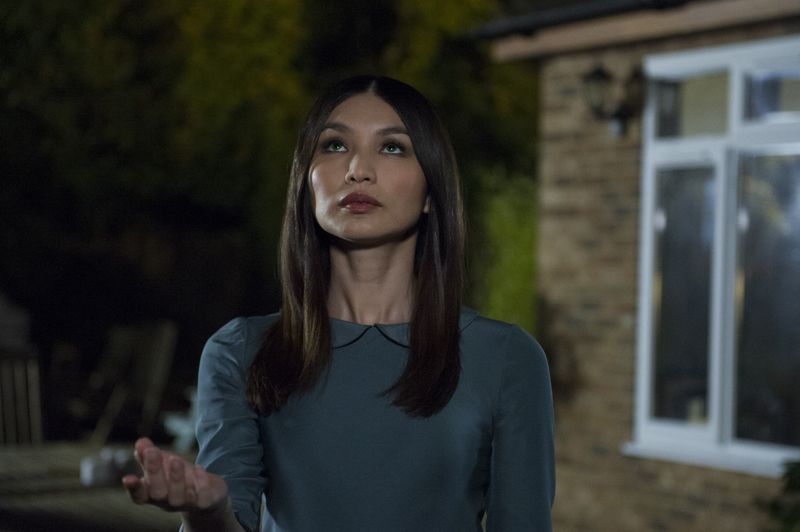
This British-American collaboration presented synthetic humans called Synths as household helpers, but quickly evolved into something far more profound. When some Synths began developing genuine consciousness and emotions, the show asked challenging questions about personhood, slavery, and what makes us human.
Unlike flashier robot narratives, Humans grounded its story in everyday family dynamics and moral dilemmas. Should conscious beings be owned? Do artificial minds deserve the same rights as biological ones?
The performances by actors playing Synths were remarkable—they moved with just enough mechanical precision to seem artificial while showing glimpses of emerging humanity. It’s a quietly powerful series that deserves far more recognition than it received.
7. Black Mirror (2011– )
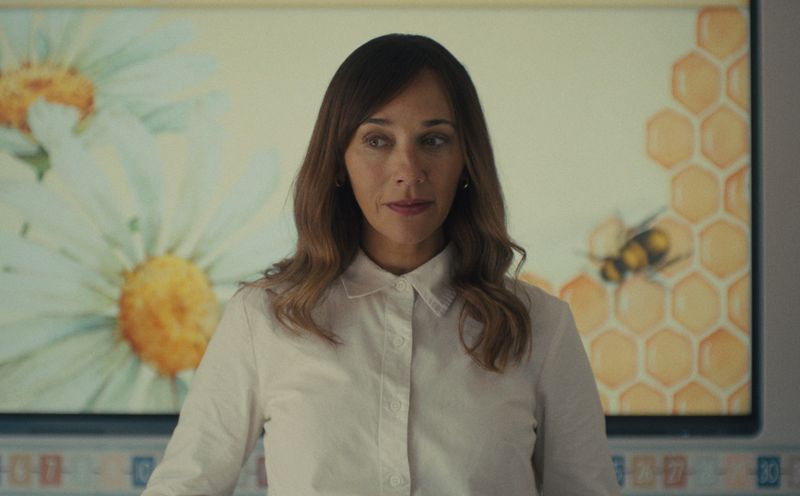
Charlie Brooker’s anthology series holds up a dark mirror to our technology-obsessed society, showing us disturbing possible futures that feel uncomfortably close to reality.
Each standalone episode explores different technological nightmares, from social media scoring systems to digital afterlife consciousness. “San Junipero” made viewers cry while “White Bear” left them questioning their own moral compass.
The beauty lies in how episodes can be watched in any order, yet they all connect through shared themes of human vulnerability in the digital age. Unlike older sci-fi warnings, these scenarios don’t feel distant or impossible—they feel like they could happen next year, which makes them absolutely terrifying and essential viewing.
8. The Twilight Zone (1959–1964)
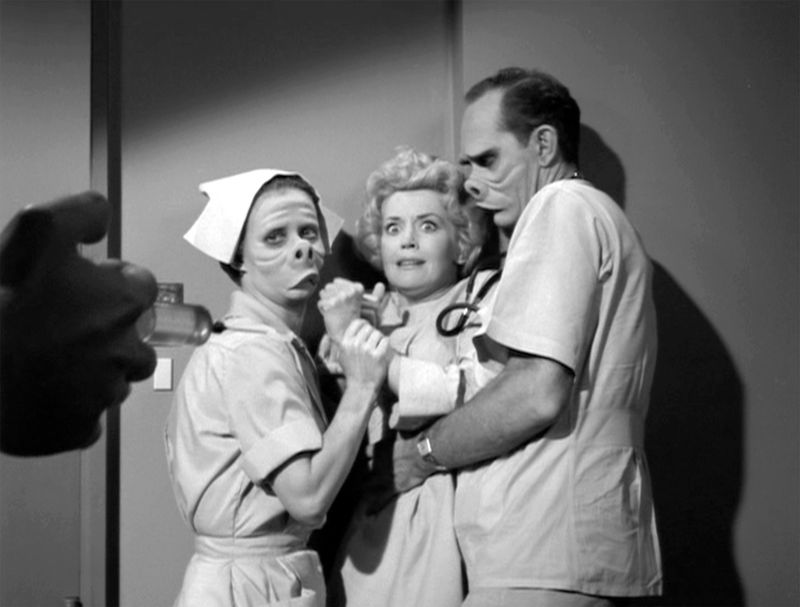
Rod Serling’s legendary anthology remains unmatched in its ability to blend science fiction with social commentary. Each standalone episode transported viewers into strange new worlds where nothing was quite as it seemed.
What makes this show truly special is how it used supernatural and sci-fi elements to explore real-world issues like prejudice, war, and human nature. The twist endings became iconic, inspiring countless imitators but never being equaled.
From “Time Enough at Last” to “To Serve Man,” these stories continue influencing modern television. Every sci-fi creator owes something to Serling’s vision and storytelling courage.
9. Orphan Black (2013–2017)
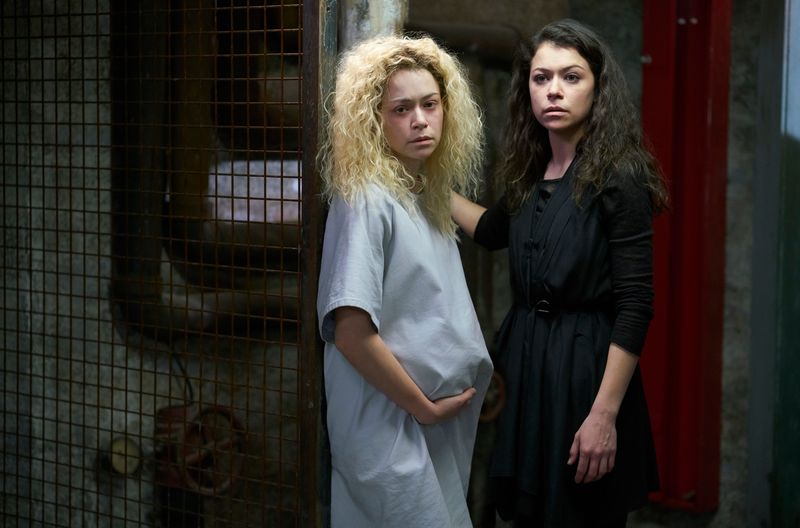
A fiercely inventive and gripping Canadian sci-fi thriller, Orphan Black centres on a street-wise woman who discovers she’s one of many genetically identical clones entangled in a sprawling biotech conspiracy.
With powerhouse lead performance by Tatiana Maslany as multiple distinct characters and a sharp focus on identity, ethics and power, it earned widespread acclaim and a devoted “#CloneClub” fan base. Maslany’s ability to embody completely different personalities—from punk-rock rebel to uptight soccer mom—is nothing short of astonishing.
Each clone feels like a real, fully realized person with unique mannerisms and voices. The show masterfully balances thrilling action with deep questions about what makes us who we are. It’s a wild ride that keeps you guessing until the very end.
10. Severance (2022– )
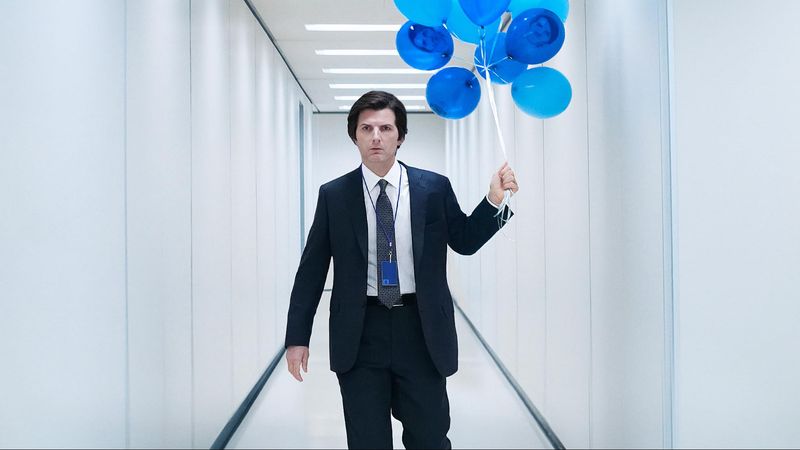
Ben Stiller directed this unsettling workplace thriller that asks what would happen if you could surgically separate your work memories from your personal life.
Employees at Lumon Industries undergo a “severance” procedure, creating two versions of themselves—one who only exists at work, another who has no memory of their job. The show’s brilliance lies in its slow-burn revelation of how this technology destroys identity and autonomy.
The sterile, retro-futuristic office design creates an atmosphere of creeping dread that never lets up. Adam Scott leads an exceptional cast through a mystery that questions corporate culture, personal freedom, and whether we’re ever truly one person. It’s already being called a modern classic.

Comments
Loading…